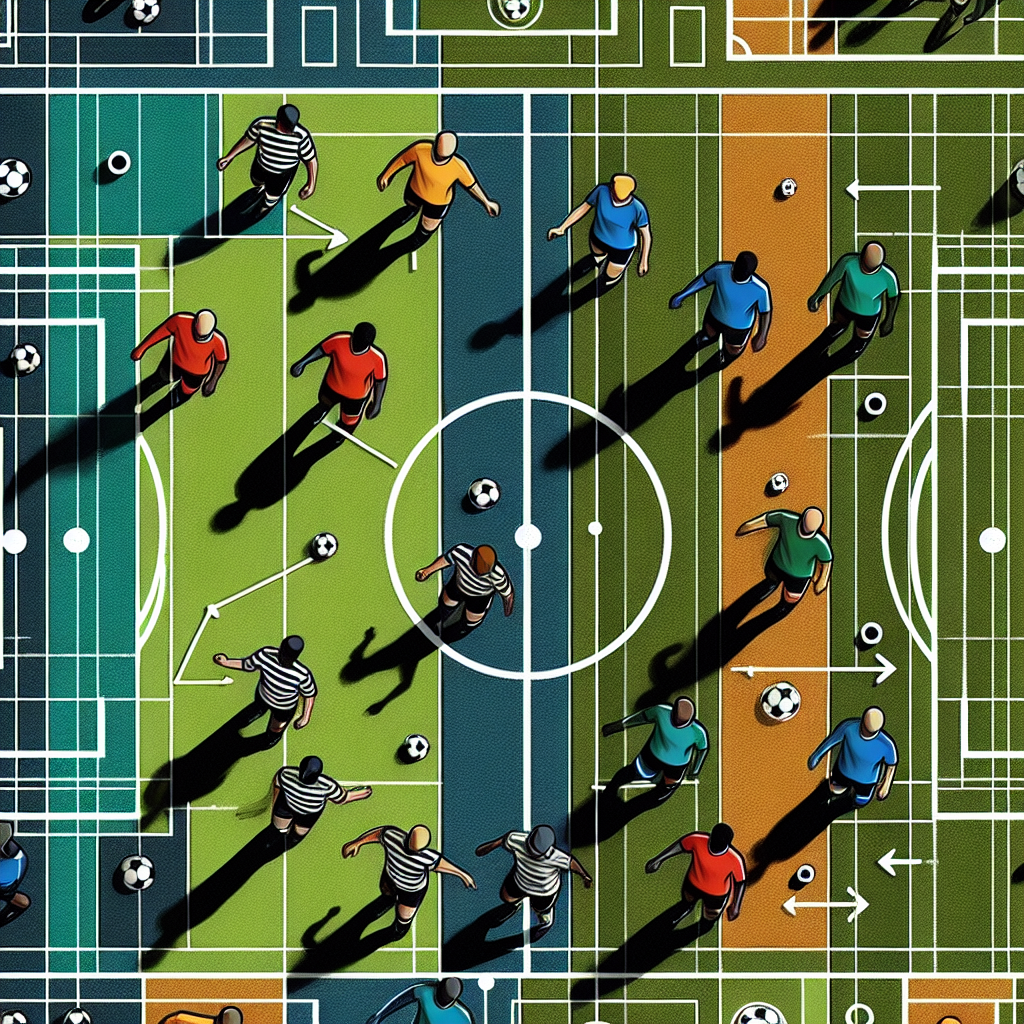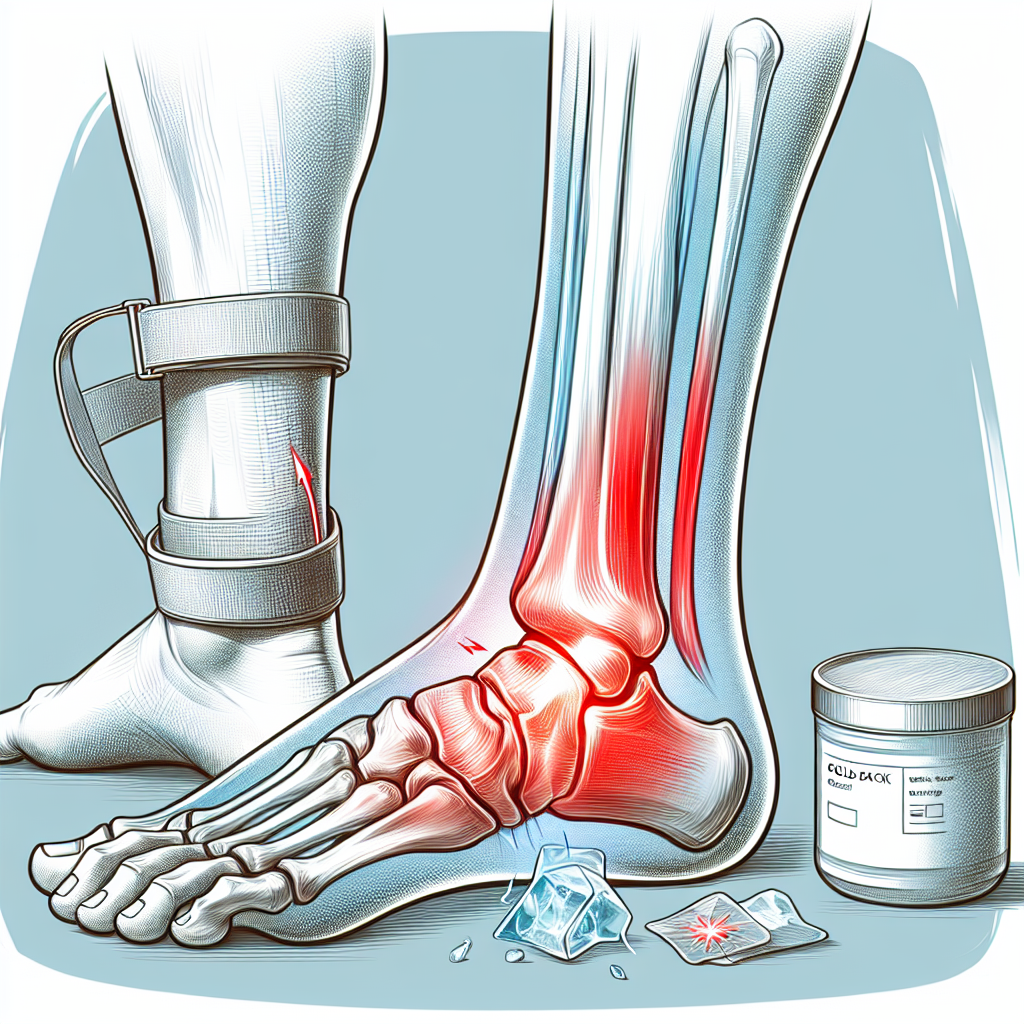
Epic Comebacks in Football History
Football, or soccer as it is known in some regions, is a sport that has captivated fans throughout its long history, often featuring thrilling moments that can only be described as epic. Among these electrifying moments are those instances when teams defy the odds and execute astounding comebacks, turning despair into joy and frustration into celebration. The tales of these comebacks not only showcase the resilience and skill of the players but also contribute to the rich tapestry of football history. In this article, we will delve deep into some of the most unforgettable epic comebacks in football history, exploring the moments that left an indelible mark on the game.
Historic Comebacks in Football: The Foundation of Legends
Epic comebacks in football are not merely about bridging the scoreboard gap; they often embody the spirit of the sport—perseverance, teamwork, and the belief that victory is always within reach. One of the most iconic comebacks in football history occurred during the UEFA Champions League final of 2005, where Liverpool faced AC Milan in Istanbul. Down 3-0 at halftime, Liverpool displayed an incredible resurgence. In just six minutes, they scored three goals, leveling the match at 3-3. The game ultimately went to penalties, where Liverpool triumphed 3-2, clinching a victory that has solidified its place in football folklore.
Another memorable comeback took place in the 1999 UEFA Champions League final, when Manchester United faced Bayern Munich. With just seconds remaining in regular time, United was down 1-0. However, in a dramatic twist, Teddy Sheringham equalized, followed immediately by Ole Gunnar Solskjær scoring the winning goal in injury time. This remarkable turnaround showcased the tenacity and indomitable spirit of Manchester United, ensuring their legacy as a team that thrives under pressure.
Turning Points: Influential Comebacks
When analyzing epic comebacks in football history, one cannot ignore the decisive turning points that spark these dramatic shifts. The 2017 UEFA Champions League Round of 16 featured one such moment when FC Barcelona faced Paris Saint-Germain (PSG). The first leg of the tie saw Barcelona suffer a humiliating 4-0 defeat in Paris. However, in the second leg, played at Camp Nou, Barcelona orchestrated one of the most remarkable comebacks in football history by winning 6-1, overturning the aggregate score to 6-5. This match encapsulated the unpredictable nature of football and demonstrated how relentless attacking can break down even the most formidable defenses.
Another significant turning point in the realm of comebacks occurred during the 2021-22 Premier League season when Manchester City faced Aston Villa on the final day. City required a win to secure the championship while trailing 2-0 at halftime. The second half saw an unforgettable revival as City scored three goals in a matter of five minutes, sealing a dramatic comeback and finishing the season as champions. The sheer excitement of this match highlighted how fortunes can change swiftly in the world of football, keeping fans on the edge of their seats.
Unforgettable Comebacks: The Legends of the Game
Several legendary teams and players have made their mark in football history with unforgettable comebacks. One such example is the 2004 FA Cup final, where Manchester United faced Millwall. Millwall had initially taken the lead, leaving the Manchester United faithful in shock. However, the Red Devils showcased their resolve as they came back to win 3-0, with goals from Ruud van Nistelrooy and Cristiano Ronaldo. This match not only showcased the attacking prowess of Manchester United but also emphasized their championship mentality—never giving up, no matter the circumstances.
In a similar vein, the 2012-2013 Europa League quarter-final saw Tottenham Hotspur undertake a staggering comeback against Inter Milan. Trailing 3-0 from the first leg, Spurs returned for the second leg needing an insurmountable show of skill and determination. They achieved a 4-1 victory at home, brilliantly outclassing their opponents and advancing on the aggregate score of 4-3. This comeback not only rejuvenated the players’ spirits but also gave the fans a night to remember forever, demonstrating the extraordinary capacity for triumph even when faced with overwhelming challenges.
Another remarkable comeback achieved legendary status in the realm of international football— the 2014 FIFA World Cup match where the Netherlands faced Spain in the group stage. After falling behind early with a goal by Xabi Alonso, the Dutch team showcased their tactical prowess and fighting spirit. They rallied to score five goals, making the final score 5-1. This match remains iconic not just for the scoreline, but also for the display of football artistry from players like Arjen Robben and Robin van Persie. The sheer magnitude of the victory against the defending champions left fans and pundits alike reevaluating the power dynamics in international football.
Inspiring Comebacks: From Adversity to Triumph
The narratives surrounding epic comebacks often revolve around themes of adversity and triumph. One such story is that of Leicester City during the 2015-16 Premier League season. At the start of the season, bookmakers had given them 5000-1 odds to win the title. However, Leicester defied all expectations, and after a remarkable run of form, they clinched the Premier League title. They had to come back from trailing positions on multiple occasions, showcasing grit and determination. Their journey is a testament that success often comes to those who believe in themselves, regardless of the odds stacked against them.
Equally inspiring is the story of the 1993 Scottish Cup final, where Aberdeen faced Celtic. Coming back from a goal down, Aberdeen staged a brilliant comeback, showcasing both their technical skill and tactical discipline. Their victory highlighted the emotional rollercoaster that fans experience during such matches—a blend of hope, anxiety, and joy. This match remains memorable not just for the football played but also for the community spirit it uplifted among the supporters.
Another inspiring comeback occurred when Manchester City faced QPR in the 2011-12 Premier League season’s final match. Down 2-1 in stoppage time, City found themselves on the brink of losing the title to their rivals, Manchester United. However, in a display of sheer determination and resilience, Edin Dzeko and Sergio Agüero scored in quick succession, delivering an unforgettable 3-2 victory that secured City’s first league title in 44 years. This remarkable comeback embodied the essence of football, demonstrating that champions are made not just from winning but from believing in the impossible.
Modern-Day Comebacks: The Shift in Dynamics
As football evolves in the modern era, so do the tactics and narratives surrounding comebacks. Advancements in sports science and analytics have transformed how teams prepare for matches. High-pressure situations are now approached with meticulous preparation, allowing teams to strategize effectively, even when facing deficits. The 2022 World Cup match between France and Argentina is a prime example. In a thrilling final, France came back twice to level the score before ultimately losing in a penalty shootout. This contest showcased not only the skills of the world’s best players but also their ability to rise to the occasion, turning pressure into performance.
The rise of digital platforms and social media has also altered the perception of comebacks. Fans now have instant access to highlights, analysis, and commentary, fueling discussions and bringing unprecedented attention to these moments. For instance, Liverpool’s comeback against Barcelona in the 2019 UEFA Champions League semi-finals not only went down in history; but it was also celebrated across social media platforms, with snippets being shared instantaneously across the globe. This modern connectivity enhances the emotional resonance of these games, allowing fans to relive the magic of comebacks like never before.
Looking ahead, the development of new technologies in football, including augmented reality and artificial intelligence, may pave the way for even more thrilling comebacks. These innovations could provide coaches with real-time insights and tactical adjustments during games, making comebacks more common and thrilling than ever. As teams continue to adapt to a rapidly evolving landscape, we can expect the legends of epic comebacks in football history to keep growing.
Conclusion
Epic comebacks in football have captivated audiences for decades, serving as a testament to the sport’s unpredictability and the unwavering spirit of teams and players. From Liverpool’s stunning victory in 2005 to Leicester City’s unfathomable triumph in 2016, these moments showcase the magic that makes football the world’s most beloved sport. The stories of resilience, teamwork, and sheer determination will continue to inspire future generations, reminding us that in football—and life—hope and belief can lead to incredible outcomes.
FAQs
What is the greatest comeback in football history?
While opinions vary, Liverpool’s 2005 UEFA Champions League final comeback against AC Milan is frequently cited as one of the greatest due to the dramatic nature of the match and the stakes involved.
How do comebacks impact the mental aspect of football?
Combacks can significantly boost players’ confidence and morale, reinforcing their belief in their abilities to overcome adversity. This psychological edge can affect their performance in future matches.
Are comebacks in football random or strategic?
While some aspects of comebacks may appear random, many are born from strategic adjustments, determined teamwork, and effective communication that allow teams to turn the tide during a match.
What role does fan support play in a comeback?
Fan support can be pivotal during a comeback. The energy and encouragement from supporters can motivate players, turning the tide and lifting their spirits during difficult moments in the game.
What are the most significant factors in executing a successful comeback?
Key factors include tactical changes, player mentality, teamwork, and the ability to adapt to the opponent’s strategies. A cohesive and resilient team can quickly shift momentum in their favor.
Understanding Team Offensive Efficiency Ratings
16. Dezember 2025The Role of Advanced Stats in Evaluating Team Chemistry
16. Dezember 2025How to Interpret Team Defensive Metrics
16. Dezember 2025
Leave a reply Antwort abbrechen
-
How to Recognize and Treat a Sprained Ankle
20. November 2025 -
Analyzing High-Scoring Soccer Matches This Season
15. Juli 2025 -
The Effect of Economic Policy on Public Opinion
21. November 2025



